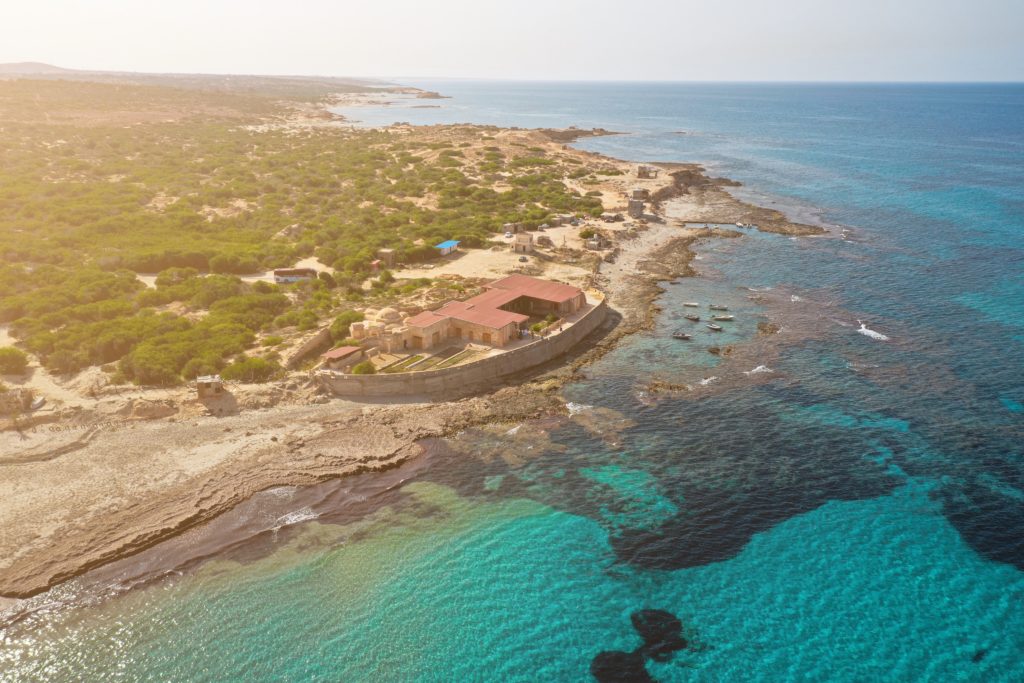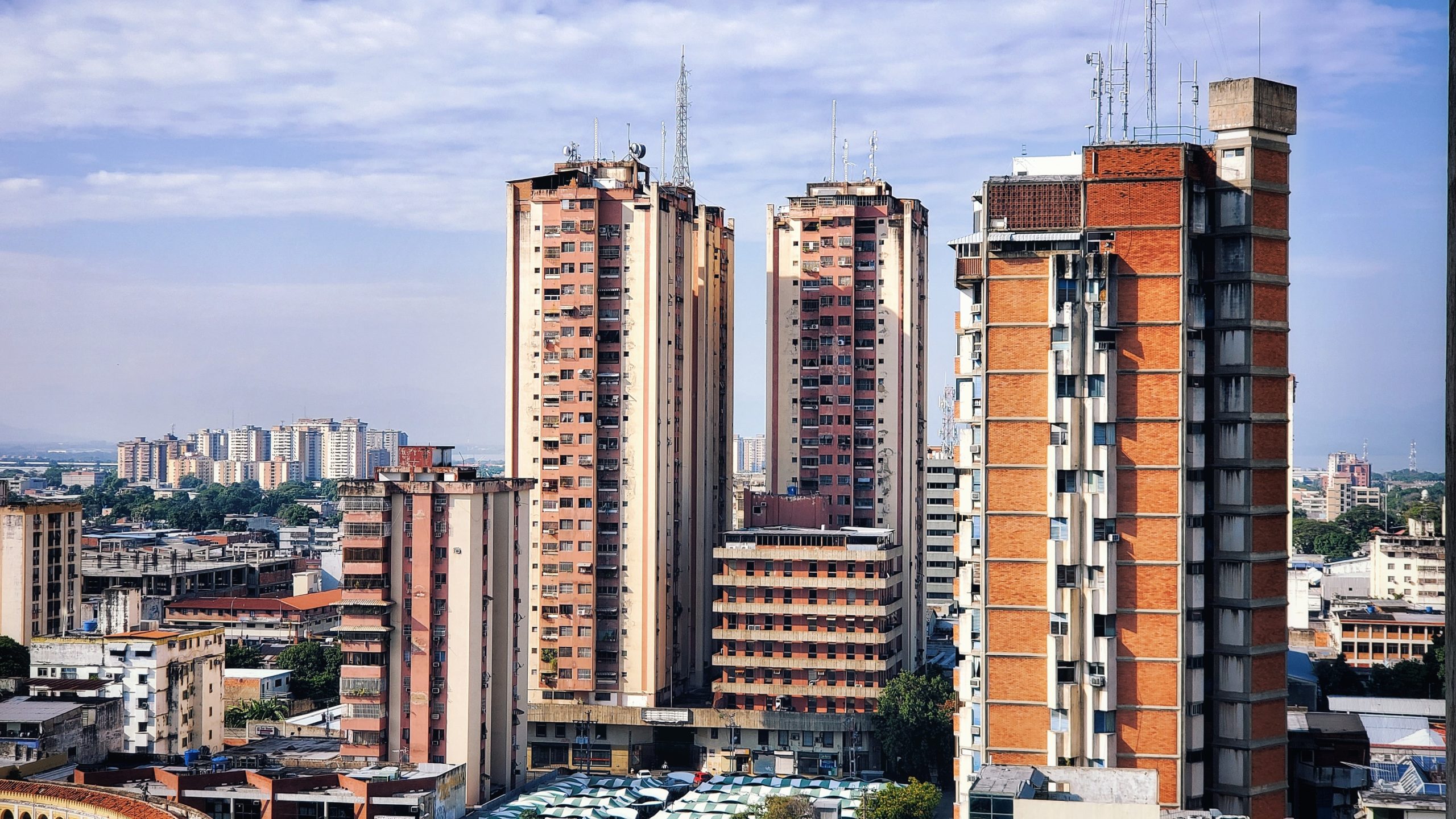Libya is a North African state. The northern Libyan border is the Mediterranean Sea, the rest of the borders separate the country from Sudan, Egypt, Chad, Niger, Algeria, and Tunisia.
The official language is Arabic. The state currency is the Libyan dinar (LYD).

Economy in Libya
The Libyan economy has been heavily influenced by government import bans, price controls and budget allocation on the one hand, and subsidies for basic food, electricity, gas, housing programs, and an increase in the minimum wage on the other. Then the nationalized real estate was privatized – and Libya became the country with the lowest wealth gap in Africa.
Since 2003, economic growth has regularly exceeded 5%. The massive rise in oil prices allowed the government to accelerate reforms. At the end of March 2007, the first stock exchange in Libya was opened in Benghazi. The government privatized the state-owned bank of the Sahara and decided to further privatize the economy. However, in 2007, Libya was one of the most corrupt countries in the world (146 out of 178). By the end of the Gaddafi era, the jurisdiction was the richest country in Africa, but GDP per capita dropped by half after the civil war. In the Corruption Perceptions Index, the country, along with Sudan and Yemen, ranked 170th out of 176 countries.
Since Libya is rich in oil, oil and gas accounted for 70% of GDP in 2005. The rest of the sectors played a secondary role: agriculture – 2.9%, mining – 0.8%, manufacturing – 1.4%, electricity, gas, water – 0.7%, construction – 3.3%, trade, hotel business and public catering – 3%, transport, warehousing and communications – 3.7%, utilities – 8.6%, medicine, information technology.
In the Global Competitiveness Index, Libya is ranked 134th out of 137 countries.
Agriculture
Despite a small agricultural area in several areas along the coast, Libya provides 2-5% of the world’s production of wheat, barley, vegetables, olives, almonds, citrus fruits, and dates. The cultivation of olives also accounts for 1-3% of world production (as of 2006). Thus, you can confidently open a business in this area. In Libya, the government also forcibly irrigated desert fields in the 2000s, which many environmental groups criticize as harmful to the environment. The Mediterranean Sea provides a rich catch of tuna, squid, and sardines.
Industry
Libya’s economy is based on the largest oil reserves in Africa. In August 2013, oil production in the country dropped to about 300,000 barrels per day. Under the Tamoil brand, Libya has its own refineries and petrol station networks in Germany, Italy, and Switzerland. The rest of the industry is limited to the chemicals, textiles, furniture, and building materials sectors.
When planning to register a company in the industrial sector in Libya, please note that the largest cement plants LCC and ACC are Libyan. After the end of the US embargo in 2004, branches of ABB, Siemens, and other international companies were reopened in Libya. In connection with oil production, there are numerous oil refineries, mainly in coastal areas, as well as the textile and food industries.
Tourism
Due to political isolation in the past, tourism is poorly developed, but the registration of a company in Libya in this area has great potential.
Why is it worth registering a company in Libya?
Many entrepreneurs who are considering starting a business on the African continent decide to open a company in Libya and open a Libyan bank account. This is due to some of the advantages of this jurisdiction. Libya is the 4th largest independent state located in the northern part of Africa. Neighboring countries are Sudan, Egypt, Chad, Algeria, Niger, and Tunisia. The state currency is the Libyan dinar (LYD). Official language: Arabic. The population of the state is over 6.2 million people.
The main sectors of the economy are agriculture (fruits, vegetables), fishing (squid, sardine, tuna), livestock and poultry farming, industry (petrochemical and oil refining), and metallurgy.
Campaigning Libya: Key Benefits
Those who decide to register a company in Libya will enjoy the following advantages of this jurisdiction:
- Dynamic development of the economy.
- Favorable geographical location.
- Highest development index among African countries.
- The procedure for opening a company in Libya does not require a lot of time.
- The presence of a powerful industrial base.
- Focus on attracting foreign capital.
- Opportunities for opening small and medium-sized businesses, as well as expanding large businesses.
- 100% foreign ownership allowed.
- Free trade zones.
- You can register a company in Libya remotely.
- Skilled workforce.
- More than 3 DTA agreements.
- Flexible tax regime.
The most promising areas for registering an enterprise in Libya can be:
- registration of an IT company in Libya;
- business in the field of mechanical engineering;
- registration of a logistics company in the State of Libya;
- light industry;
- agriculture;
- medicine;
- establishment of a construction business.
Regulatory requirements for registering an enterprise
To open a company in Libya, you must:
- submit documents with a non-repeating name with a postscript, which OPF the given enterprise has;
- presence of at least 1 director and 1 shareholder of any nationality;
- open a bank account for a company in Libya;
- confirm the presence of an office (the possibility of renting is allowed);
- pay the minimum authorized capital (from $ 1,000);
- obtain a trading license.






